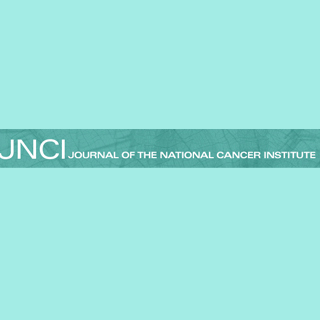
The study was conducted on a total on 142,605 men and 335,873 women between 1992 and 2000. The subjects were chosen from across twenty-three centers in ten western European countries which included Denmark, France, Germany, Greece, Italy, the Netherlands, Norway, Spain, Sweden and the United Kingdom. Scientists obtained detailed information of the dietary habits and lifestyle of these subjects and after a median follow-up of almost 8.7 years, approximately 30,000 participants were diagnosed with cancer.
“In this population, a higher intake of fruits and vegetables was also associated with other lifestyle variables, such as lower intake of alcohol, never-smoking, short duration of tobacco smoking, and higher level of physical activity, which may have contributed to a lower cancer risk,†quotes the study.
The team led by Paolo Boffetta, M.D., M.P.H., of the Mount Sinai School of Medicine in New York, discovered a weak inverse association between high intake of fruits and vegetables and reduced overall cancer risk. It was also noticed that the vegetable consumption offered modest benefits but was limited to women only. Heavy drinkers who consumed lots of fruits and vegetables showed a lowered risk of attaining cancer caused by alcohol and smoking.
The authors warn against attributing any threat decline to diet and they seem to have concluded that any cancer protective effect of these foods have more chances to be modest.
In an associated editorial written by Walter C. WillettM.D., Dr.P.H., of the Harvard School of Public Health, marks that the findings of this study strongly authenticates the fact of the other studies which state that high intake of fruits and vegetables has little or no effect in reducing the incidence of cancer, although it has been shown to affect the risk of cardiovascular diseases. He suggests that future studies should look into the potential cancer-reducing benefits of specific fruits and vegetables and also focus on the effects of fruits and vegetable consumption in the early stages of life.
The study was published in the Journal of National Cancer Institute.
